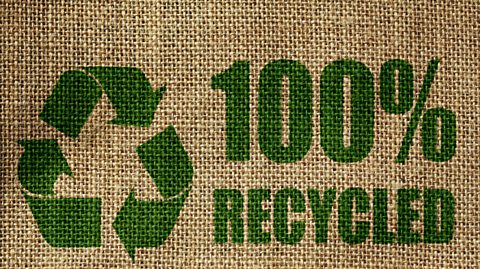Costs and benefits of recycling

Recycling can improve a business's image but can increase costs
Recycling is the process of converting waste material into new materials or products.
Businesses need to consider the costs and benefits of recycling:
| Costs | Benefits |
| Recycled material may reduce the quality of the finished product | Can save money if recycled materials are used to make new products |
| Image of the product may be perceived as inferior | Improves the brand image of the organisation |
| Some items such as paper can only be recycled a limited number of times | Reduces cost because less landfill is required |
| Recycled materials need to be sorted and processed which can take time | Takes less energy to recycle than to extract and manufacture new materials |
| Can be used as a unique selling point (USP) | |
| Recycling can give a business a competitive advantage | |
| Awards can be gained for good environmental practices |
| Costs | Recycled material may reduce the quality of the finished product |
|---|---|
| Benefits | Can save money if recycled materials are used to make new products |
| Costs | Image of the product may be perceived as inferior |
|---|---|
| Benefits | Improves the brand image of the organisation |
| Costs | Some items such as paper can only be recycled a limited number of times |
|---|---|
| Benefits | Reduces cost because less landfill is required |
| Costs | Recycled materials need to be sorted and processed which can take time |
|---|---|
| Benefits | Takes less energy to recycle than to extract and manufacture new materials |
| Costs | |
|---|---|
| Benefits | Can be used as a unique selling point (USP) |
| Costs | |
|---|---|
| Benefits | Recycling can give a business a competitive advantage |
| Costs | |
|---|---|
| Benefits | Awards can be gained for good environmental practices |